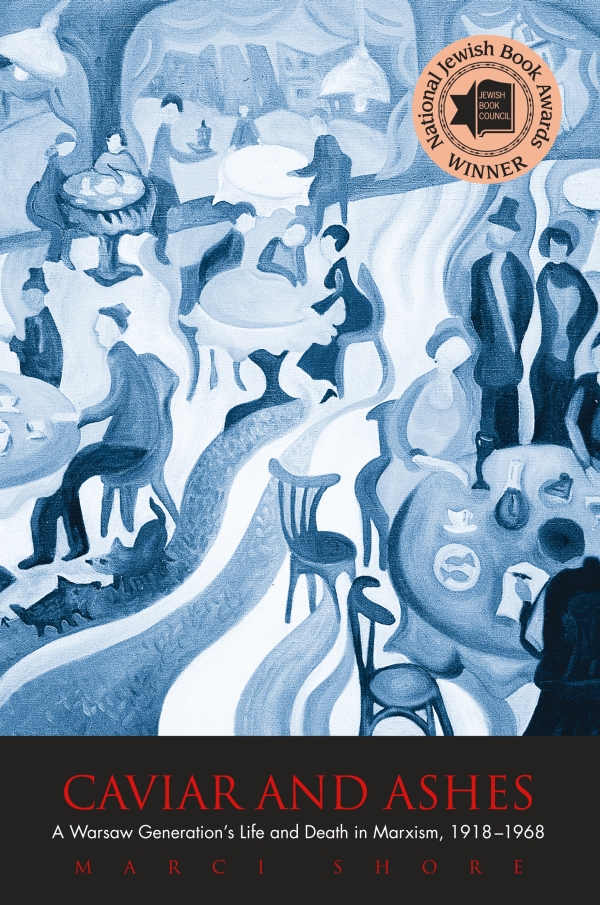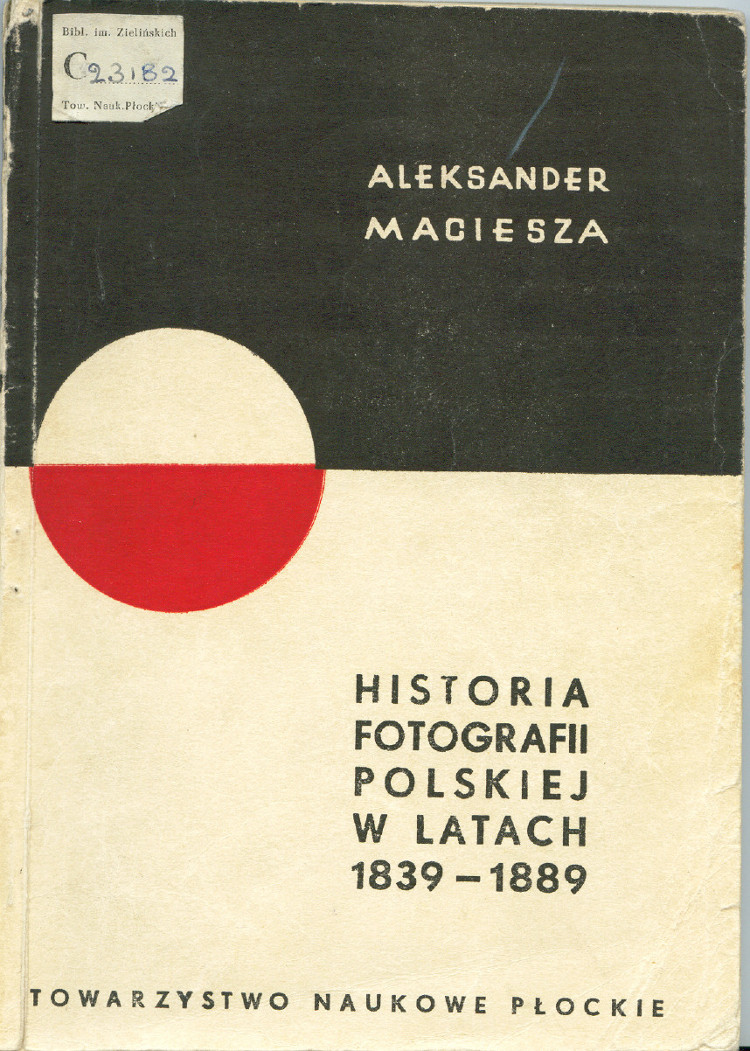Major Waldemar Fydrych: Lives of the Orange Men: A Biographical History of the Polish Orange Alternative Movement (2014)
Filed under book | Tags: · 1980s, activism, communism, dissent, happening, humour, poland, politics, protest, revolution, social movements

“In Communist Poland, Surrealism Paints You!!!
Between 1981 and 1989 in Wroclaw Poland, in an atmosphere in which dissent was forbidden and martial law a reality, the art-activist Orange Alternative movement developed and deployed their “socialist sur-realism” in absurd street-painting and large-scale performances comprising tens of thousands of people dressed as dwarves, in an effort to destabilize the Communist government. It worked. Beginning with the ‘dialectical painting’ of dwarves onto the patches of white paint all over the city’s walls, which uncannily marked the censorship of opposition slogans, the group moved on to both stage happenings and over-enthusiastically embrace official Soviet festivals in a way that transformed both of these into mass expressions of dissent. They illegally restaged the mass spectacle of the storming of the Winter Palace on the anniversary of the October Revolution using their own homemade tanks; organized patriotic gatherings in which anyone waving red flags or wearing red (or eating red borscht, or covering oneself in ketchup) was arrested; and inspired other Orange Alternative groups to appear across the country. Although the group existed to the left of the mainstream opposition of Solidarity, their art was a key, acknowledged factor in the overthrow of the Communist government.
Lives of the Orange Men tells the story of the movement’s main protagonists, and is the first stand-alone English-language account of the Orange Alternative, written autobiographically by is central figure, and featuring an appendix of newly translated key texts including Major’s “Manifesto of Socialist Surrealism,” a timeline of every Orange Alternative happening, and a new foreword from the Yes Men.”
Foreword by the Yes Men
Edited by Gavin Grindon
Translated by David French
Publisher Minor Compositions, 2014
Open Access
ISBN 9781570272691
328 pages
Review: Stewart Home (ArtReview, 2014).
See also other publications about the Orange Alternative
Comment (0)Marci Shore: Caviar and Ashes: A Warsaw Generation’s Life and Death in Marxism, 1918-1968 (2006)
Filed under book | Tags: · art, art history, avant-garde, communism, futurism, history of literature, literature, marxism, poland

“‘In the elegant capital city of Warsaw, the editor Mieczyslaw Grydzewski would come with his two dachshunds to a café called Ziemianska.’ Thus begins the history of a generation of Polish literati born at the fin de siècle. They sat in Café Ziemianska and believed that the world moved on what they said there. Caviar and Ashes tells the story of the young avant-gardists of the early 1920s who became the radical Marxists of the late 1920s. They made the choice for Marxism before Stalinism, before socialist realism, before Marxism meant the imposition of Soviet communism in Poland. It ended tragically.
Marci Shore begins with this generation’s coming of age after the First World War and narrates a half-century-long journey through futurist manifestos and proletarian poetry, Stalinist terror and Nazi genocide, a journey from the literary cafés to the cells of prisons and the corridors of power. Using newly available archival materials from Poland and Russia, as well as from Ukraine and Israel, Shore explores what it meant to live Marxism as a European, an East European, and a Jewish intellectual in the twentieth century.”
Publisher Yale University Press, 2006
ISBN 0300110928, 9780300110920
457 pages
Reviews: Irena Grudzińska-Gross (The Polish Review), Robert Blobaum (The American Historical Journal), Matthew Kaminski (The Wall Street Journal).
PDF (updated on 2020-12-2)
Comment (0)Aleksander Maciesza: Historia fotografii polskiej w latach 1839–1889 (1972) [Polish]
Filed under book | Tags: · history of photography, photography, poland

“W roku 1939 miala być obchodzona uroczyscie setna rocznica fotografii. Towarzysztwo Naukowe Płockie zamierzalo jubileusz ten uczcić opracowaniem i wydaniem pionierskego dzieła pt.: Dzieje fotografii w Polsce. Materiały gromadził i dzieło od szeregu lat opracowywał dr Aleksander Maciesza (1875–1945) – prezes Towarzysztwo Naukowego Płockiego w latach 1907–1945, sam fotografik i znakomity znawca przedmiotu.
Niestety, na przeszkodzie stanął wybuch drugiej wojny światovej. Autor zdążył opracować pierwsze pięćdziesięciolecie (1839–1889). Ale nawet ta niedokończona praca, będąca jednak pierwszym, obszerniejszym przedstawieniem dziejów fotografii w Polsce, zasługuje na wydanie tak ze względu na zawarte w niej materiały, jak i na światło, które rzuca na rozwój kultury polskiej, ściśle związanej najpierw z rozwojem druku, a potem fotografii i pochodzących od niej kina i telewizji.
Kierując się tymi względami, Zarząd Towarzysztwa Naukowego Płockiego zdecydował się wydać prace prezesa Aleksandra Macieszy w tej postaci w jakiej – ze wględów technicznych i innych jest to możliwe, mając na uwadze, że znajdą się autorzy, którzy rozpoczętą historię fotografii polskiej doprowadza do czasów najnowszych.” (from the Introduction)
Publisher Towarzystwo Naukowe Płockie, Plock, 1972
83 pages
PDF (no OCR)
Comment (0)
